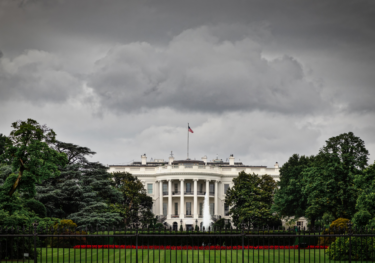Climate Change: Why knowing your supply chain is important
December 2021
COVID-19 has demonstrated the fragility of supply chains. Globalisation has seen supply chains become longer and longer, and reach the furthest corners of the world economy. Knowing where your supply chain goes is of increasing importance to not only help guard against risk, but also for companies to see the composition of their environmental footprint, and potentially take actions to change it.

Pete Collings
Director of Economic & Sustainable Impact Consulting

Pete Collings
Director of Economic & Sustainable Impact Consulting
Pete Collings | Director of Economic & Sustainable Impact Consulting
Pete Collings leads Oxford Economics’ Economic Impact Consulting teams in Europe and the Middle East. During his time at Oxford Economics, Pete has managed and conducted a number of large consulting projects including a major global economic impact study of Etihad Airways, a project assessing the contribution Rolls-Royce makes to both the UK and the global economy, Oxford Economics’ impact work for Abu Dhabi Ports Company, several pieces assessing the economic impact of nuclear power in the UK, a number of studies exploring Gatwick Airport’s economic contribution and research assessing Boeing’s employment impact on the EU.
Tags:
Related Services

Event
Frontier markets outlook: Looking for opportunities after the rally
In this webinar we will discuss which frontier markets still offer value in the wake of an extraordinary rally since October, and which have become too expensive, in our opinion. We will also offer further insights into the cases of Argentina, Nigeria, Ukraine and others.
Find Out More
Event
Economics of a second Trump presidency
Continuing our series of analyses on the 2024 election, we modeled the macroeconomic impact of a second Donald Trump presidency. If the former president wins on Election Day, he will most likely return to the White House with Republican majorities in the House of Representatives and Senate. Assuming full Republican control of government after the 2024 election, we constructed two scenarios that bookend a range of outcomes for the US economy. This webinar will discuss the results of the Trump scenarios, including for inflation, GDP, monetary policy, trade and immigration.
Find Out More